Beethoven's Hradec ended in a fantastic triumph of Czech pianists. The first and second prizes were won by Tomáš Vrána and Vojtěch Trubač
"Trubač seemed most comfortable during his performance and also managed to enjoy 'his' moment."
„Chihara of the three finalists played the most significantly. With the greatest passion, great concentration, a certain risk and courage, she put everything into her speech. "
"As if breathtakingly into a book from which not a single word can be skipped, Vrána's speech seemed like a narrative that told the whole story with the greatest complexity and truthfulness.„
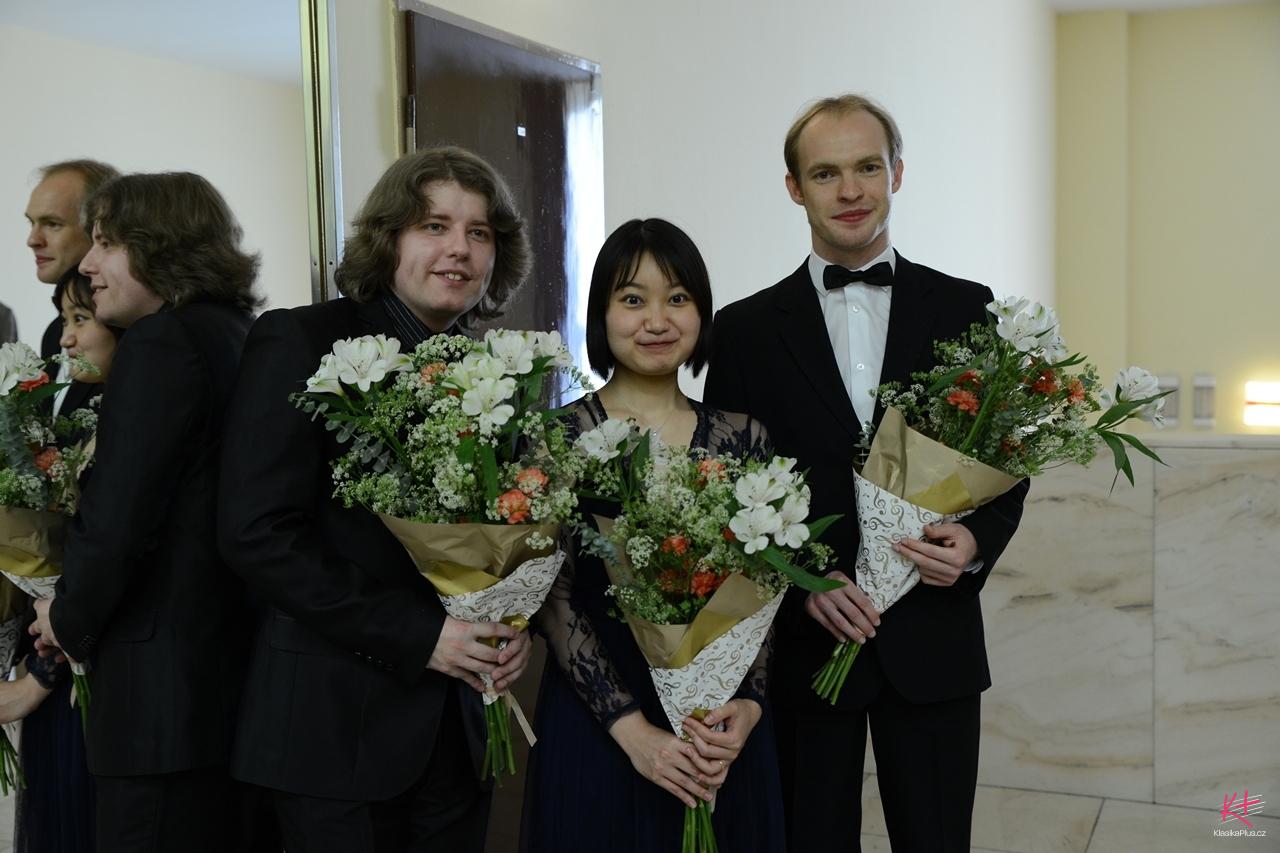
The 58th Beethoven's International Piano Interpretation Competition knows its winners. This year's prestigious competition took place from 8 to 12 June in Opava and Ostrava. Forty pianists from all over Europe and Asia were proof that this competition has a good sound and attracts attention. The winner of this year's event was the 28-year-old Czech pianist Tomáš Vrána. Vojtěch Trubač, three years younger, also won the second prize from the Czech Republic, and the third prize went to Japanese pianist Satomi Chihara. Both Czech pianists are from the Moravian-Silesian Region, where many significant musical talents come from.
He was supposed to compete in the piano two years ago, but Covid-19 changed everything. In the meantime, several important changes have taken place: by the organizer of Beethoven's Hradec became Primary School of Arts Opava headed by a director Lukášem Polednou. An experienced pianist who provided a strategically important background for the competition within his means. Due to the extensive reconstruction of the Hradec nad Moravicí chateau, the competition also took place in Opava for the first time, and the finals were held in cooperation with Janáček Philharmony in Ostrava House of Culture.
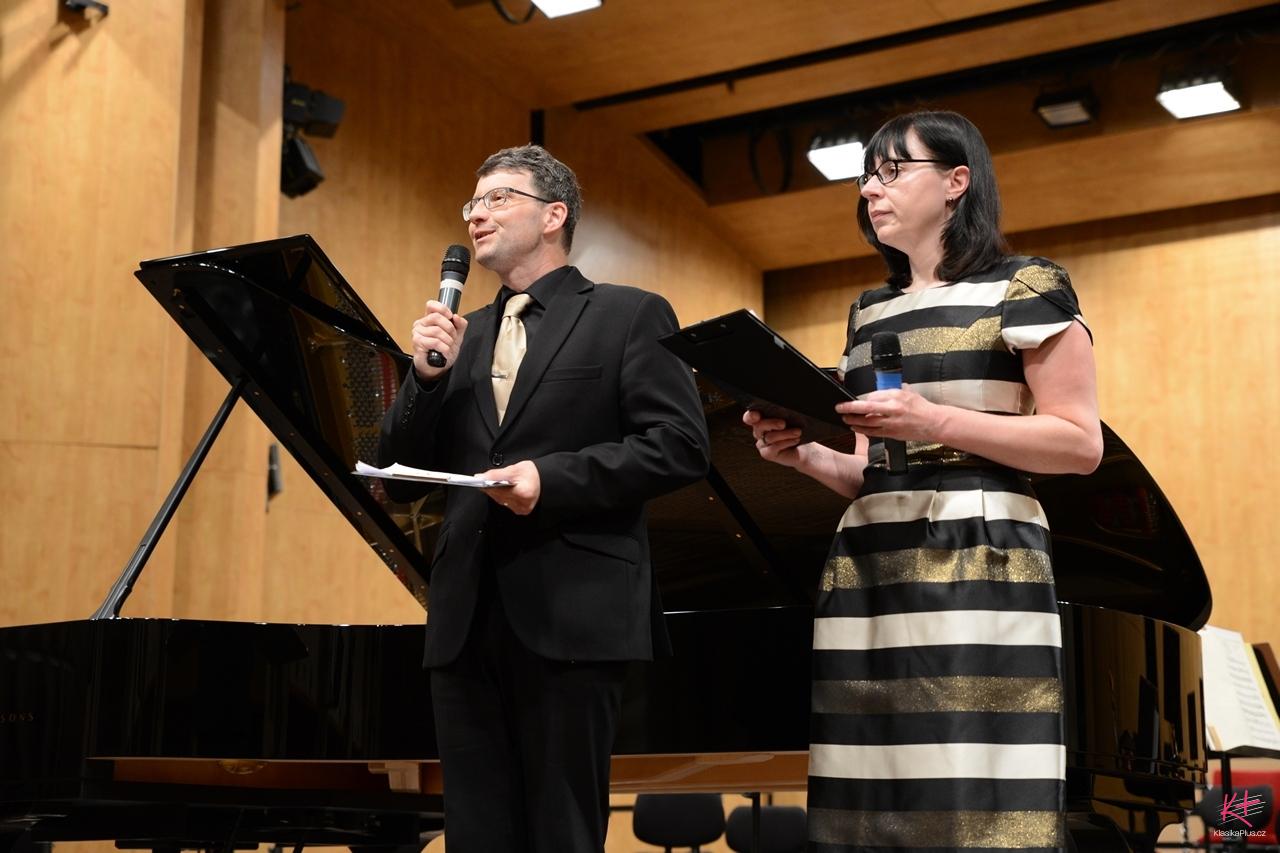
Let us now move to the Minorite Monastery, where the first and second rounds of the competition took place. The hall of this complex used to be the center of the cultural life of the city of Opava. Although it did not offer the piano and its dynamic possibilities, it was a completely representative acoustic space, it was still a representative space that at least suited the competition.
In the first round, it was mandatory to play any prelude and fugue from the first or second part Well tempered piano of Johann Sebastian Bach. The second song was an etude of Franz Liszt of own choice. Playing by heart was, of course, a condition in all three rounds of the competition. The Czech pianists succeeded in entering the competition. They fought their way to the second round Eva Strejcová, Anna Gaálová, Marie Jírová, Daniel Boura, František Lejsek, Filip Martinka, Tomáš Tomčala, Vojtěch Trubač and Tomáš Vrána. I really do not remember such a succes of Czech pianists in the second round of this competition.
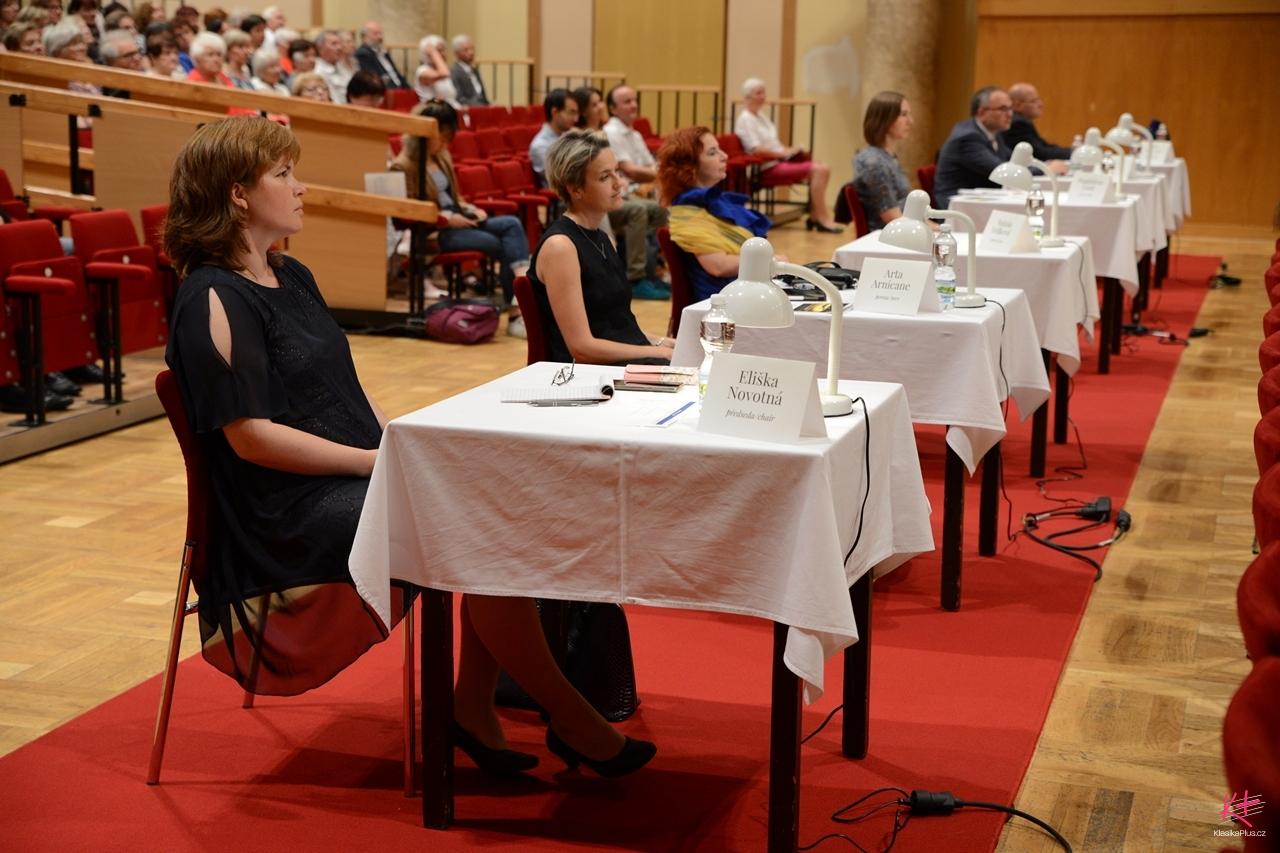
In the second round, the contestants performed a selected piano sonata of Ludwig van Beethoven and any composition of stylistic periods of Romanticism up to the musical present. Three pianists made it to the grand finale: the Japanese Satomi Chihara and two Czech representatives Vojtěch Trubač and Tomáš Vrána. An international jury chaired by Eliška Novotná praised not only the performance of this trio. Already after the second round, this jury also announced the winners of extraordinary prizes who did not reach the finals: Slovak native Pavol Praženice (honorable mention and the Dean's Award of the Faculty of Arts of the University of Ostrava) And Serbian pianist Dusan Sretovice (honorable mention and Jury Prize, which the jurors implemented and financed themselves).
Satomi Chihara demonstrated breathtaking technical sophistication and the widest dynamic range, Vojtěch Trubač showed an ideal approach to Beethoven's "Appassionata" and Tomáš Vrána presented a completely mature and intellectually conceived program composed of Beethoven's Piano sonata, op. 111 and spectacular composition of Olivier Messiaen. All three deservedly found themselves in the last, third round, where they were obliged to play any of Beethoven's five piano concertos accompanied by the Janáček Philharmonic Orchestra in Ostrava.
The grand finale took place on Sunday, June 12, in the House of Culture of the City of Ostrava in the presence of a large audience. He introduced himself first Vojtěch Trubač Piano Concerto No. 4 in G major, Op. 58. He started very well, playing the introductory chords of the first movement softly, with a lovely cantilena. He perceived the orchestra as an equal partner and went through the whole concert without significant hesitation, but also without significant moments. His concept was a bit conservative at times and gave a slightly more predictable effect than a relaxed flight, but no wonder. Instinct told him to play it safe. Of his three finalists, Trubač seemed most comfortable during his performance and also managed to enjoy "his" moment.
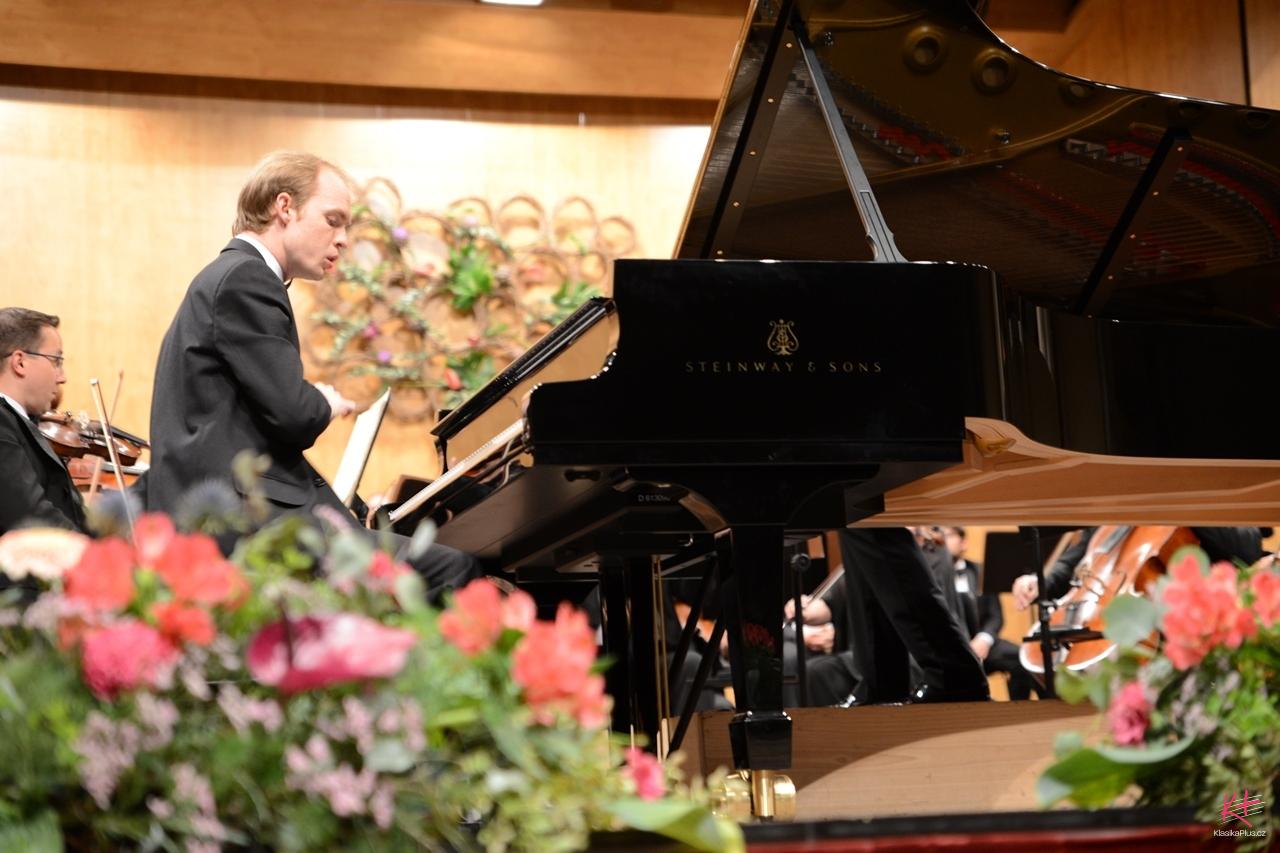
Satomi Chihara showed a diametrically different performance. If we mentioned the Trubač's interaction with the orchestra, the Japanese pianist's speech was visually introverted. Her musical communication with the orchestra could hardly be noticed without an experienced conductor Stanislav Vavřínek hardly would seemed Piano Concerto No. 5 in E flat major, Op. 73 coherent and coordinated. Apparently this was due to her lesser experience of collaborating with the orchestra, as her interpretation sometimes gave a "soloist" and exclusive impression. On the other hand, one must admire the technical and expressive palette of its design, which was full of strong dynamic contrasts, bright colors and melodically modeled phrases. Of the three finalists, Chihara played the most. With the greatest passion, great concentration, a certain risk and courage, she put everything into her speech.
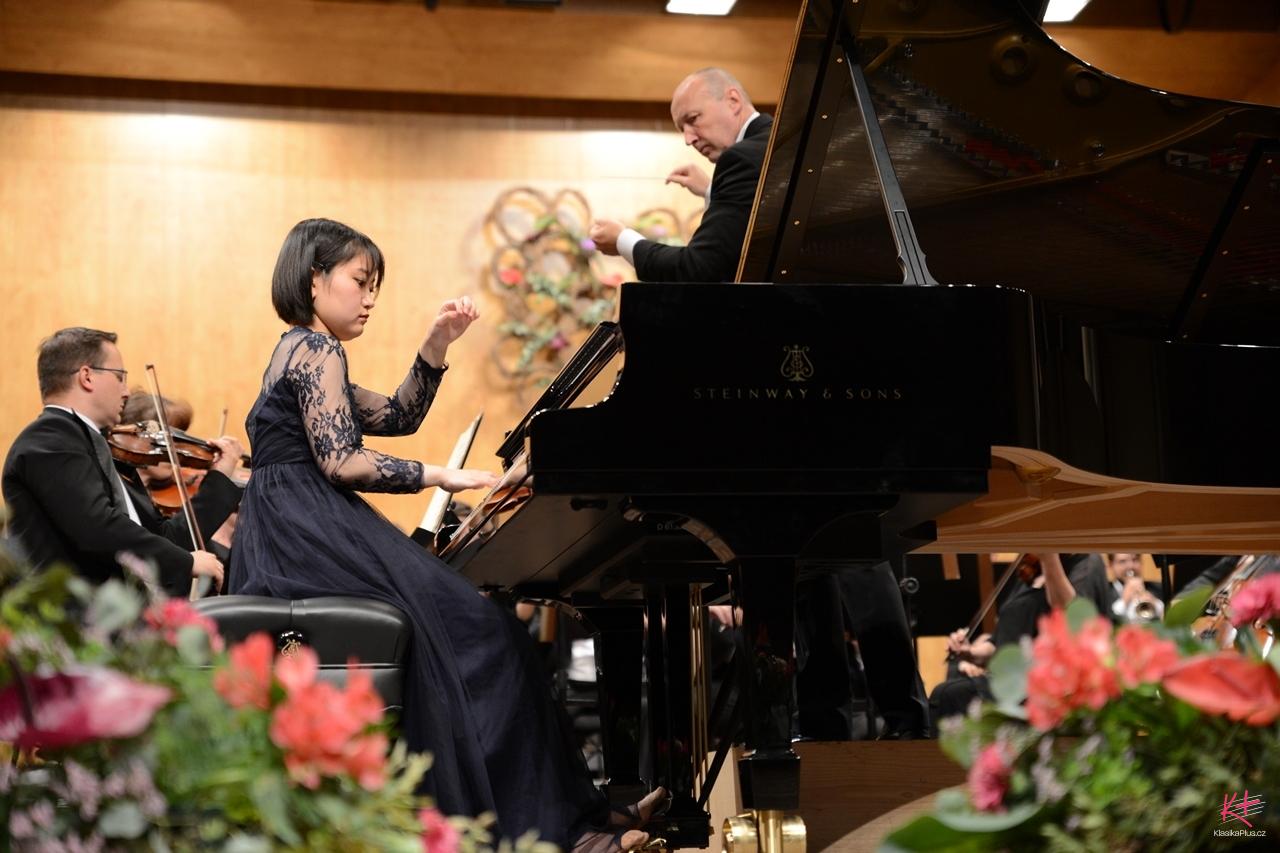
At the end performed Tomáš Vrána. Of the three finalists, the oldest, the most experienced in interplay with the orchestra, knew the acoustics of the hall of the House of Culture, where he had played more than once. Vrána chose as well as Trubač Piano Concerto No. 4 in G major, Op. 58, however, his play went beyond what had been said before. As if breathtakingly into a book from which not a single word can be skipped, the pianist's speech seemed like a narrative that told the whole story with the greatest complexity and truthfulness. Not the contestant Tomáš Vrána, but the pianist Tomáš Vrána and his authentic, personal conception.
His playing was characterized by a subtle ability to balance and a complete balance of reason with emotion. Vrána introduced the empathic interplay with the orchestra, excellent technical brilliance, and the versatile articulation of the piano key. He showed that he has a sense of detail and the overall architecture of the composition. His concept was carved in beautiful white marble. Smoothly shiny, but at the same time cultivatedly shaped, full of filigree nuances. Vrána's musical communication with the orchestra was exemplary, of course it is impossible to hear even with great masters.
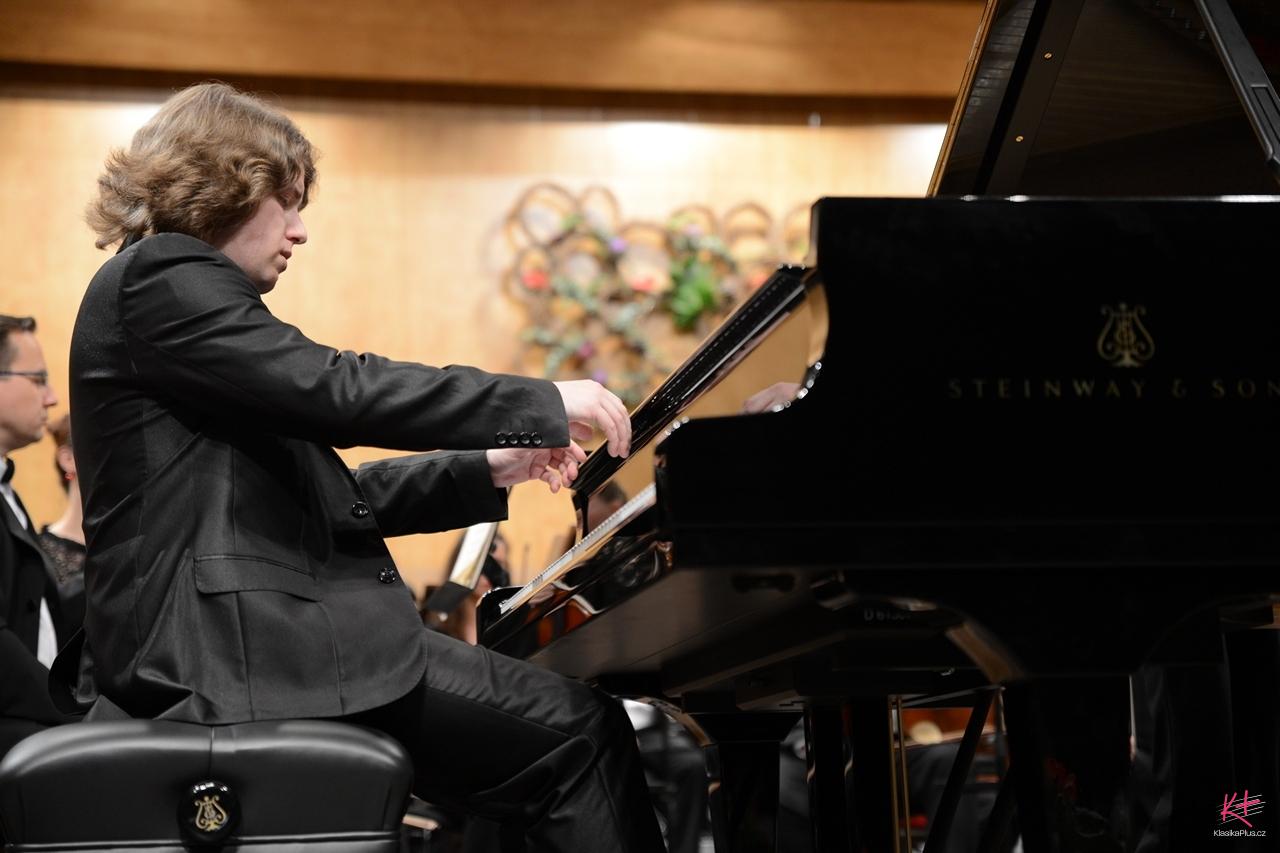
Tomáš Vrána rightly became the new winner of Beethoven's Hradec. His story is a testament to a great talent that is humble, extremely hardworking, progressive and active in relation to traditional art and innovative values. He personally pleased me with his unceasing, internally subdued determination, elegance and intelligence without flashy gestures. As an intellectually based artist who, with his triumph, confirmed that he is one of the most prominent Czech pianists under the age of thirty. In addition to the absolute first place in the competition, Vrána won two other extraordinary prizes awarded by the co-organizer of the competition, Matica Slezská and the Presto art agency. The first earned him another financial injection, the second the possibility of a piano recital. Both will come in handy.
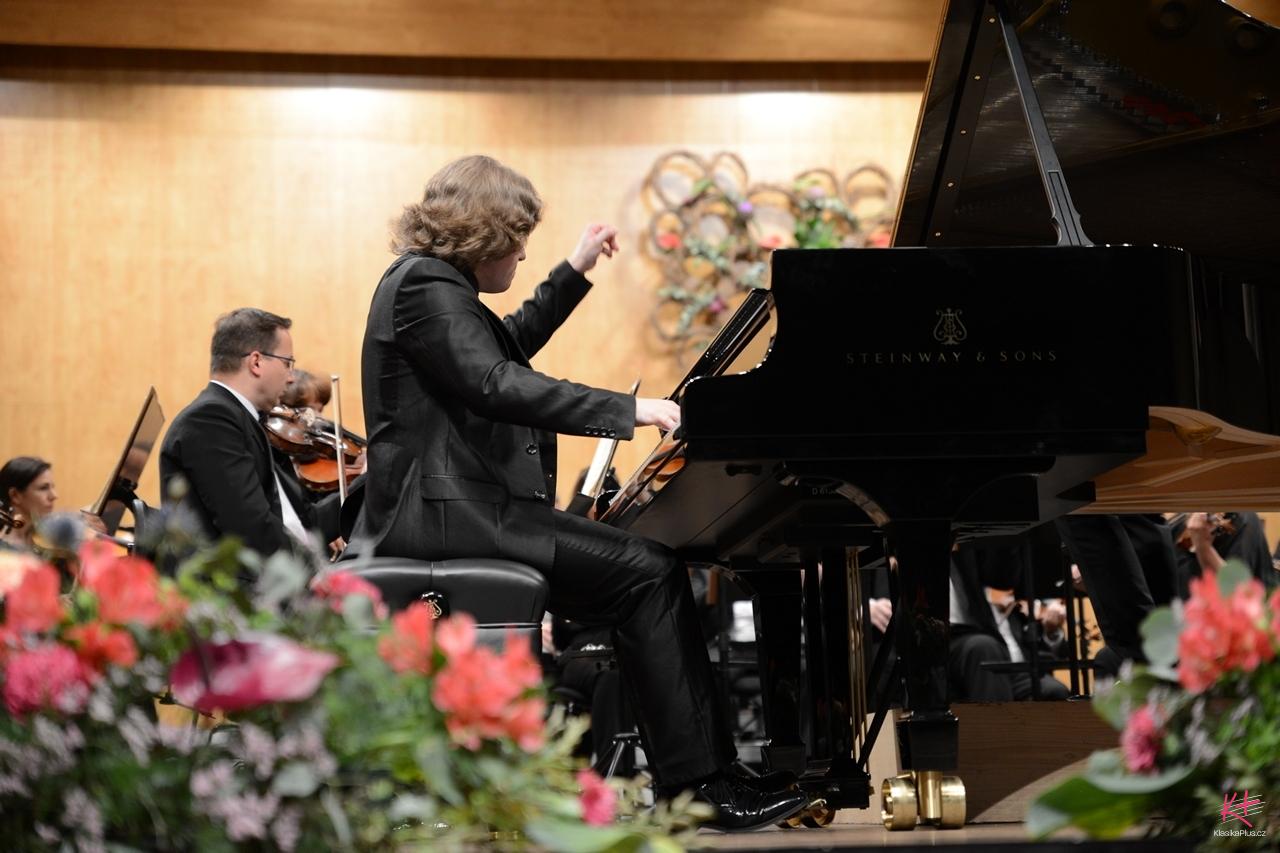
Vojtěch Trubač took second place, so the prize travels to Frenštát pod Radhoštěm, where this sympathetic pianist comes from. Trubač also received Director of Primary School of Arts Prize, which is a recital at the piano festival. Third place went to Satomi Chihara. The young pianist may have been a little disappointed by the result, but almost at the same time she realized that no one would take her experience. The level of experience gained, not the number of trophies gained, is probably a key benefit of young competitions for young performers. All finalists received the top The Bärenreiter Praha Music Publisher Prize.
In conclusion, I would like to express my gratitude to the international jury, which judged the performances with maximum professionalism and collegial respect. Chair Eliška Novotná is truly a personality who combines maximum professionalism with an empathic and human approach. The jury was supportive, friendly and positive throughout the competition. The final evaluation was given by the sum of points from the second and third rounds, which in the end offered greater transparency. The entire organizational team of the competition, led by the director Lukáš Poled, who ensured optimal conditions at all times, also deserves praise. He was helpful, helpful and always ready to advise and help.
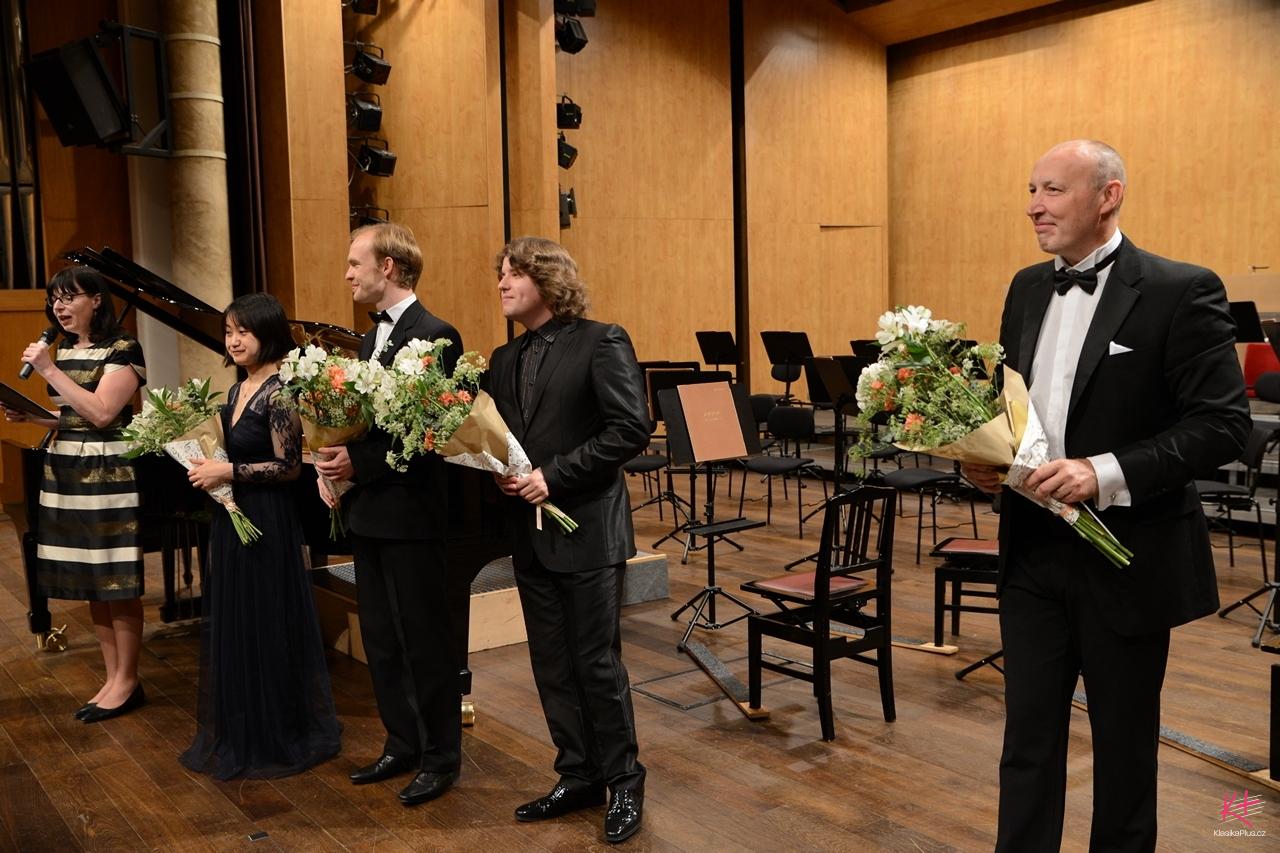
Who deserves great recognition and respect as well is Janáček Philharmonicwhich along with the excellent Stanislav Vavřínek provided all the finalists with a certain musical background. I don't think I'm the only one who will be happy to return to this interpretation competition in the years to come. Next year he will compete in playing the violin. It is already clear that he will look forward to something.
The article is available at Klasika plus.














